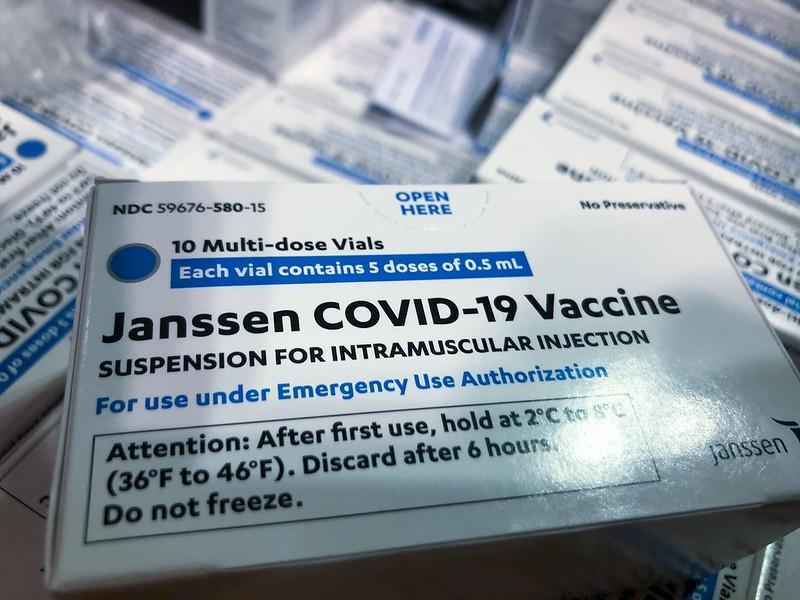Following an incident at the Emergent BioSolutions facility in Baltimore last week, which saw workers accidentally mixing ingredients of vaccines from AstraZeneca and Johnson & Johnson (J&J), the United States government is allocating only 785,500 doses of the J&J vaccine next week to states, down from 4.95 million doses this week.
The incident at Emergent BioSolutions ruined 15 million doses of J&J vaccine, which is administered in one dose.
Johnson & Johnson maintains it still expects to fulfill its contract for 100 million doses delivered to the US government by the end of May.
According to the New York Times, Operation Warp Speed officials warned last June that the Emergent BioSolutions plant needed close monitoring because the facility "lacked enough trained staff and had a record of problems with quality control."
The Times revealed the same plant had to throw away five lots of the AstraZeneca vaccine between October and January, with each lot equivalent to 2 million to 3 million doses, because of contamination.
The 85% reduction in J&J doses will mostly affect California, Texas, and Florida, the states that rely most on the one-dose vaccine.
No extra vaccine doses to Michigan
Michigan has emerged as the biggest hot spot for virus activity in recent weeks, with case counts and hospitalization soaring as the B117 variant has taken hold of the state. The state is currently averaging 7,000 new cases per day, almost matching its December peak.
But according to Stat, the Biden administration has no plans to increase vaccine allotment to that state, and instead will stick to the plan that sees state distribution based on population.
The United States reported 75,038 new COVID-19 cases yesterday, and 2,570 deaths, according to the Johns Hopkins COVID-19 dashboard. In total, the United States has confirmed 30,949,994 cases, including 559,494 deaths.
Across the country, roughly 3 million vaccine doses continue to be distributed daily, with the Centers for Disease Control and Prevention (CDC) COVID Data Tracker showing
225,294,435 COVID-19 vaccine doses have been delivered in the United States, and 171,476,655 have been administered, with 64,422,618 Americans fully vaccinated.
But, according to a new report in Politico, the country has no capacity to manufacture revised COVID-19 vaccines or booster shots alongside the original versions.
Many experts warn that a booster or annual vaccine shot will be necessary in the face of new COVID-19 variants, but producing second-generation shots would require factories to switch over manufacturing lines now used for the first wave of vaccines and in some cases fire up new production processes.
Moderna, Pfizer, and AstraZeneca are already testing booster shots against variants of concern.
Other US developments
- More than 3,600 US healthcare workers died in the first year of the pandemic, according to a yearlong investigation by Kaiser Health News and The Guardian. Two thirds of the deceased healthcare workers for whom the project has data identified as people of color.
- One year after COVID-19 sparked nationwide closures of meatpacking plants, workers in those plants continue to face risks, USA Today reports. The Biden administration has promised tougher standards than those implemented under the Trump administration, but they haven't been implemented yet.
- Georgia Gov. Brian Kemp is lifting his state's COVID-19 restrictions today; businesses will no longer be required to enforce distancing, and the state will no longer ban gatherings of any size.





















